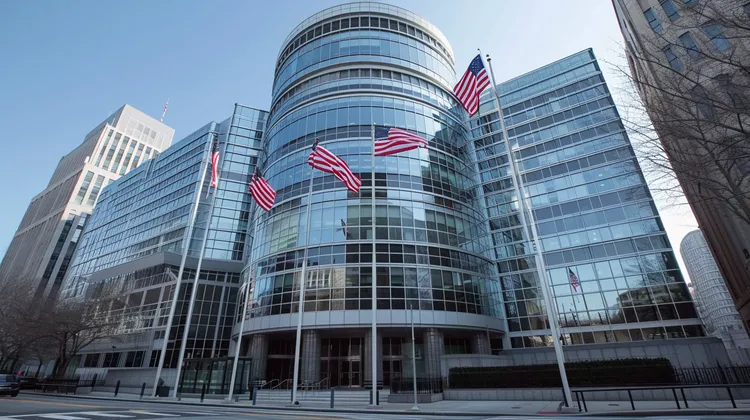
Update on Ripple vs. SEC Case
The high-stakes legal battle between Ripple Labs Inc., creators of the XRP cryptocurrency, and the U.S. Securities and Exchange Commission (SEC) has seen a swath of pivotal updates that could have far-reaching implications for the cryptocurrency industry. As parties and spectators await a decisive ruling, here is an exploration of the most important recent developments in the case.
The lawsuit, initially filed by the SEC in December 2020, alleges that Ripple conducted an unregistered securities offering by selling XRP. Ripple, Contends that XRP should not be classified as a security, arguing that it is a currency and, as such, falls outside the SEC’s jurisdiction. The outcome could set a legal precedent for the classification and regulation of other cryptocurrencies in the United States.
A recent key update in this multiyear battle is that both Ripple and the SEC have filed motions for summary judgment, essentially asking the court to make a ruling based on the arguments and evidence presented without proceeding to a full trial. This pivotal step has the potential to accelerate the conclusion of the litigation and provide much-needed clarity on the regulatory environment for digital assets.
In reviewing the evidence, Ripple’s defense has leaned heavily on the “fair notice defense,” arguing that the SEC failed to provide adequate notice that XRP transactions violated the law. A surprising development arose when Ripple gained access to internal SEC documents that could shed light on how the agency has internally categorized XRP in contrast to other digital assets like Bitcoin and Ethereum, which the SEC has previously indicated are not securities.
Various third-party entities have joined the fray as “amicus curiae,” or friends of the court, providing support to Ripple’s position. These submissions, from a broad array of industry stakeholders, underscore the case’s significance to the broader cryptocurrency ecosystem and advocate for clearer regulatory standards.
In a significant update, Ripple received backing from a couple of former SEC officials who critiqued the SEC’s approach to regulating cryptocurrencies. John Deaton, an attorney representing XRP holders who wish to intervene in the lawsuit, has championed the interests of these investors, arguing that the SEC’s actions have unfairly harmed thousands of non-parties to the case.
In a noteworthy court hearing, the SEC’s stance faced considerable judicial scrutiny. Questions from the bench suggested skepticism about the SEC’s broad definition of a securities offering and its application to Ripple’s marketing and sale of XRP. The judge’s line of questioning suggested a nuanced understanding of the technology and its distinction from traditional securities.
Amidst these legal battles, XRP’s market behavior has been volatile, demonstrating the financial world’s sensitivity to the case’s developments. Investors and industry participants continue to monitor the situation, aware that the court’s decision could either boost XRP’s utility and value or impose severe regulatory constraints on its use.
As the legal proceedings march on, the global regulatory landscape for cryptocurrencies has continued to evolve. Jurisdictions like the European Union are paving their way with comprehensive regulations like the Markets in Crypto-Assets (MiCA) framework. Such developments could potentially influence the Ripple case or at least the broader context within which it is being adjudicated.
One cannot discuss the Ripple v. SEC case without touching upon the implications for the SEC’s institutional posture. A win for the SEC could embolden the regulator to pursue similar actions against other cryptocurrency issuers, potentially stifling innovation in the space. Conversely, a Ripple victory could force the SEC to rethink its strategy and perhaps inspire Congressional action to provide a clearer statutory framework.
As the legal community and the cryptocurrency industry await a judgment, many hope that the case will ultimately prompt legislative or regulatory action that provides clearer guidelines and greater legal certainty. Such an outcome could be pivotal for institutional adoption and innovation within the crypto space.
The Ripple v. SEC lawsuit is not simply a legal dispute between two entities but a landmark case with the power to shape the future of blockchain technology and digital assets. Regardless of the court’s final decision, one thing is clear: this case will be remembered as a significant event in the maturation of the cryptocurrency industry and its relationship with regulatory bodies. The industry looks on with bated breath as it awaits a conclusion that could set the tone for the regulatory climate of digital assets for years to come.